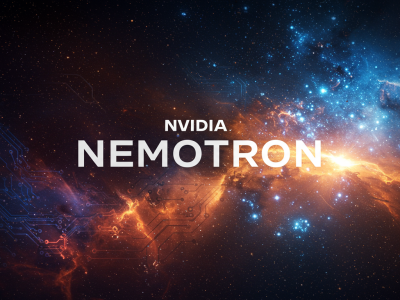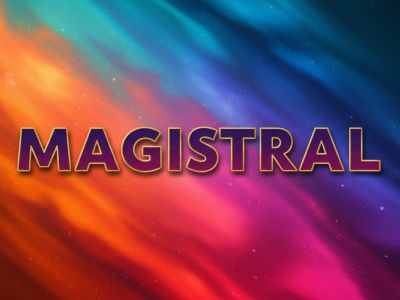Quick Take: Eleven v3 alpha just dropped! Eleven v3 is now their most expressive Text-to-Speech model yet. It gives developers unprecedented control over AI-generated speech using simple text-based “audio tags” like `[laughs]` and `[whispers]`. Supporting over 70 languages and multi-speaker dialogue, this is a major leap forward for creating realistic audio for videos, audiobooks, and games.
🚀 The Crunch
🎯 Why This Matters: Eleven v3 alpha is a massive leap beyond robotic TTS. For developers, Eleven v3 means you can now programmatically generate highly expressive, emotionally nuanced audio with simple text tags like [laughs] or [whispers]. It unlocks a new level of realism for audiobooks, game characters, and video narration without wrestling with complex SSML or separate audio editing.
[laughs], [whispers], [sarcastic], or even [strong French accent] to control the delivery.⚡ Developer Tip: Jump into the UI and start experimenting with audio tags immediately. For the best results, use a longer prompt (>250 chars) and set the Stability slider to “Creative” or “Natural”. A great first test: [whispers] This is a secret... [laughs] just kidding! I am SO excited to try this.
Critical Caveats & Requirements
- Alpha Research Preview: This is not a final product. Expect inconsistencies and be prepared for changes.
- Not for Real-Time (Yet): For conversational use cases needing low latency, stick with v2.5 Turbo or Flash for now. A real-time v3 is in development.
- UI First, API Coming Soon: v3 is available in the ElevenLabs UI now. Public API access requires contacting sales for early access.
- Prompt Engineering Required: This model is more powerful but requires more guidance. Use longer prompts and select voices that match your desired output for best results.
✅ Availability: Eleven v3 is live in the ElevenLabs UI today. They are offering an 80% discount on usage in June to encourage experimentation.
🔬 The Dive
The Big Picture: From Speech Synthesis to Speech Performance. The release of Eleven v3 marks a significant shift in the world of text-to-speech. The focus is no longer just on synthesizing intelligible words but on generating a believable human *performance*. By understanding text at a deeper level and giving developers direct, intuitive controls via audio tags, ElevenLabs is aiming to bridge the gap between synthetic voices and genuine emotional expression.
How It Works: Directing the AI Actor
-
Audio Tags: These are the primary tool for performance
direction. You can specify emotions (
[sad],[excited]), delivery styles ([whispers],[shouts]), and even non-verbal sounds ([laughs],[sighs]). -
Punctuation as a Tool: The model is highly sensitive
to punctuation. Ellipses (
...) create dramatic pauses, whileALL CAPSadds emphasis, giving you another layer of control over the rhythm and cadence of the speech. - Multi-Speaker Dialogue: By assigning different pre-existing voices from your library to different speakers within a single prompt, v3 can generate entire conversations, including interruptions and overlapping speech.
TLDR: ElevenLabs v3 is here to make AI voices feel human. Use simple text tags like `[laughs]` to control emotion, create multi-speaker dialogue, and generate hyper-realistic speech. It’s in the UI now (alpha), so go make some voices that actually have a soul.




